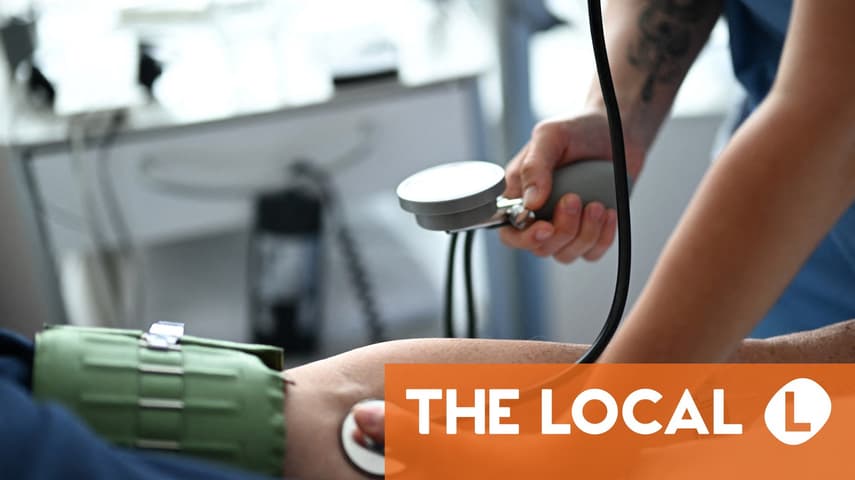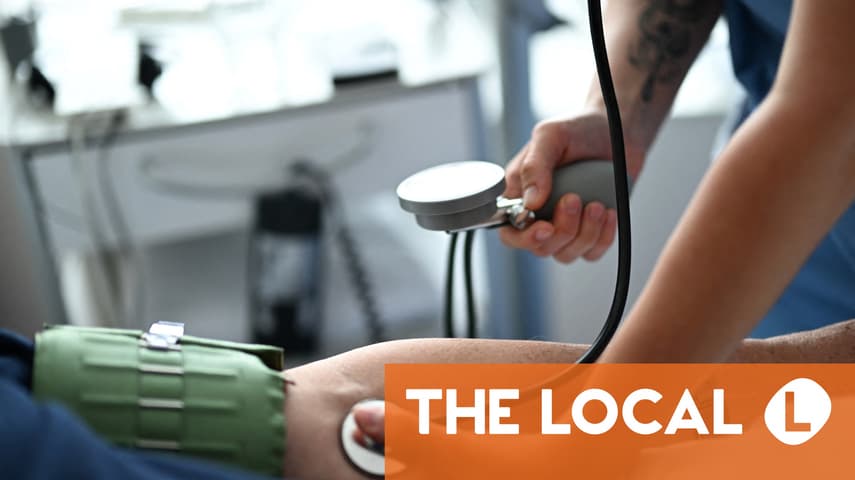
Currently, hospitals receive a flat rate per treatment or patient, which has put clinics under economic pressure to see increasing numbers of patients.
In future, these flat case-by-case rates will be reduced and, instead, hospitals will receive set sums based on the services they provide, such as staff, an emergency admission or necessary medical technology, according to a draft ministry of health bill seen by newspaper Bild and broadcaster ARD on Saturday.
Sixty percent of hospitals’ remuneration should be just for providing services, the draft said.
READ ALSO: EXPLAINED: What Germany’s new hospital reform plans mean for patients
Hospitals to be divided into service groups
The financing provided by health insurance companies should be based on more precisely defined service groups to ensure that the quality of treatment is consistent across the country.
Together with medical specialist bodies, the federal and state governments will determine these groups and their quality criteria in a four-stage process, according to the draft.
Further funds are earmarked for hospitals on an annual basis from 2027 onwards, for example, for providing paediatric wards (288 million euros), obstetric wards (120 million euros), stroke wards (35 million euros) and intensive care units (30 million euros).
Advertisement
There will be more financial support for both university and rural hospitals, too.
“The annual funding amounts for rural hospitals in need will be increased” to up to one million euros per year per hospital, according to the draft bill.
This will mean that basic medical care and minor operations can still be carried out close to home, while patients would in future have to travel for more complicated procedures.
40 minutes’ drive max
But the draft stipulates that patients should be able to drive to internal medicine and general surgery wards in a maximum of 30 minutes, with travel time for other specialities not exceeding 40 minutes’ drive time.
Advertisement
Further specialisation should reduce “major quality deficits”, according to federal health minister Karl Lauterbach.
Currently, one-third of cancer treatments are carried out in the two-thirds of German hospitals that lack experience in this area.
This has resulted in serious complications, such as sepsis, Lauterbach said at the end of January.
However, the reform should significantly change this picture, which is currently characterised by an over-supply in cities and an under-supply in rural areas.
But not everyone is on board with the reform.
The German Patient Protection Foundation chair, Eugen Brysch, accused Lauterbach of carrying out his reform “on the drawing board and with a slide rule”.
“There is a lack of insight into the practice and the patient,” he said, criticising the lack of coordination between patients, relatives and employees resulting in cancelled appointments and long waiting times.
He also criticised the draft law for failing to include a binding requirement to provide each patient with a case manager.
The draft law is due to be adopted on 24th April.
Read More: World News | Entertainment News | Celeb News
Locals








